Quemado Institute
April 3, 2015
We have published several posts lately about the increasing awareness among influential Western geopolitical analysts, particularly those in the United States, regarding the true situation in Donbass, the emerging stable democracies of the Donetsk and Lugansk People’s Republics (DPR/LPR), and Ukraine’s disintegration into a failed state. The following articles lend weight to this trend:
Western Trust in Ukraine Has Its Limits – German Media
Sputnik
April 2, 2015
Kiev should investigate the killings during the events on Maidan Square to prove Ukraine’s commitment to European values.
Kiev should properly conduct and finish the investigation into the shootings on Maidan Square, otherwise it risks losing the trust of its partners in the West, Deutsche Welle reported. The Council of Europe previously published a report, criticizing the Ukrainian authorities for making little progress in the investigation of the crimes. Kiev officials were accused of hindering a fair inquiry into the Maidan events. Ukrainian Prime Minister Arseniy Yatsenyuk promised to look into the situation, but the process, lasting for many months, has not achieved any visible results.
“Maidan-related crimes should not only be investigated in order to give due to the victims and punish the perpetrators. This is also about [the fact] whether Ukraine is committed to European values such as the rule law,” Deutsche Welle wrote.
.
.
[Editor’s note: Deutsche Welle (DW) broadcasts on radio, TV and the internet in 30 languages. “Deutsche Welle, which in English means ‘German Wave’, is similar to international broadcasters such as the BBC World Service, France 24, Voice of America, Radio Canada International, Radio Free Europe and Radio France Internationale.” — Wikipedia.]
*
Eyes Wide Shut: US Ignores Important Geopolitical
Realities in Ukraine
by Ekaterina Blinova
Sputnik
April 3, 2015
Ukraine has always been deeply divided, both culturally and politically, with its eastern regions closely linked to Russia. However, the West obscures geopolitical realities, being obsessed with slamming Russia’s leader Vladimir Putin, noted Jay Ogilvy, a Stratfor analyst.
Instead of adding fuel to the fire of the ongoing Ukrainian crisis, “foolishly giving in to calls to arm” the Kiev regime, the West should have focused on geopolitical realities and the region’s history, underscored Jay Ogilvy, an American analyst, author and a member of Stratfor’s editorial board. “The dominant US narrative for Ukraine is that Ukraine is simply one more Eastern European country trying to pry itself out from under seven decades of Soviet oppression. This narrative is profoundly misleading,” the author emphasized, pointing to the fact that Ukraine has always been deeply divided both culturally and politically with its eastern regions closely connected to Russia.
Referring to statistical evidence, the Stratfor analyst pointed out that Ukraine’s eastern regions, inhabited predominantly by Russian-speakers (over 50 percent), has always leaned toward Russia, voting for Viktor Yanukovych in 2004 and 2010 rather than for pro-Western candidates Viktor Yushchenko and Yulia Timoshenko. Jay Ogilvy underscored that this phenomenon is deeply rooted in the country’s past: these territories had long been an integral part of the Russian Empire, while Crimea was ceded to Ukraine only in 1954 by Soviet leader Nikita Khrushchev, who “could hardly have imagined that his beloved Ukraine would cease to be part of the Soviet Union in less than 40 years.”
However, the US media ignores the region’s historical background, presenting a “black-and-white” narrative of the Russian “aggression” and resistance from Ukraine “mistakenly believed to be united in its fear of Russia.” At the same time “an amnesiac American media” has apparently forgotten that after the fall of the Soviet Union US President George H.W. Bush promised the Soviet leader Mikhail Gorbachev not to expand NATO toward the Russian borders at a Malta meeting in 1989, the Stratfor analyst stressed. However, the promise was broken and Washington has adopted a “triumphalist” winner-take-all approach to Russia.
After meddling in Ukraine’s domestic affairs, including the notorious February 2014 coup, Washington is now pointing its finger at Moscow, blaming Vladimir Putin personally for the deepening Ukrainian crisis. The US is promoting a simplistic narrative of the situation in Ukraine, pressing for a winner-take-all solution. However, according to the author, the US should take Russia’s interests into consideration: if Washington obscures geopolitical realities, it is in danger of fanning the flames of old Cold War hostilities. “A deeper understanding of the geopolitical realities, seen in the context of history, near and far, should give us pause before foolishly giving in to calls to arm the Ukrainians against an unlikely Russian offensive,” concluded Jay Ogilvy.
Quemado Institute comments: The above article quotes Jay Ogilvy’s Stratfor commentary Backtracking from the Brink in Ukraine (Apr 1).
Ogilvy joined Stratfor’s editorial board in January 2015. In 1979, he left a post as a professor of philosophy at Yale to join SRI, the former Stanford Research Institute, as director of research. Ogilvy co-founded the Global Business Network of scenario planners in 1987. He is the former dean and chief academic officer of San Francisco’s Presidio Graduate School, and has published nine books.
.
Stratfor itself is a private US-based Global Intelligence group that sells information to businesses and organizations. We note that it is not entirely free of Western bias about Ukraine, referring for example to the Novorossiya Armed Forces as “Russian-backed separatists”, despite the fact that the NAF relies far less on Russia than on its own initiative. Stratfor nevertheless exemplifies a growing trend toward a reversal of American policy in Ukraine, as greater insight on the crisis emerges in the writings of US analysts.
Regarding Stratfor’s global vision, we quote their web page: “Stratfor’s perspective challenged the dominant assumptions of the intelligence community and mainstream media. In the 1990s, most believed the Cold War had ushered in an era of peace and stability. In contrast, [Stratfor’s founder George] Friedman suggested that the Soviet Union’s collapse had destroyed the global balance of power, setting into motion a series of clashes around the world.”
We agree, believing a strong independent Russia, alongside the US and China, is essential to the trilateral balance of world powers. American policy should aim toward supporting Russia’s cultural and economic strength, recognizing the DPR/LPR, and severing ties with the failed state of Ukraine.
Is this scenario possible? American policy seems generally to be based on weak data, blind hunches, and counter-factual neoconservative ideology. US elected officials ignore even the recommendations of their own intelligence agencies, a fact widely known since 9/11. The consequence is that US policy is fickle. Margaret Kimberly, in her Information Clearinghouse commentary American Hell for Yemen (Apr 2), gives four examples of US policy reversal: “Washington used jihadists in Libya to overthrow the Gaddafi government only to have those same groups kill the American ambassador. Now the U.S. is fighting the same people it supported there just a few years ago. America fights with al Qaeda and ISIS in Syria but against those same two groups in Iraq. Washington eventually chose to accept the overthrow of Mubarak in Egypt but now supports the restoration of a dictatorial regime with another leader. The United States calls the president of Sudan a war criminal but now fights on the same side in Yemen.”
Recall also that the US reversed its position on both the Taliban and Saddam Hussein. A turnabout of American policy is therefore not impossible. As badly as this reflects on the abysmal integrity of the prevailing powers in Washington, it offers a ray of hope for Novorossiya. If the US recognized the two Donbass republics, it might mark an end to the nightmare of Kiev’s oppression. We are working to encourage such a reversal.
*
EU Support for Poroshenko Regime Wanes. A related Strategic Culture Foundation commentary by Dmitry Minin makes it clear the European Union is not as enthusiastic about the Kiev regime as it once was. “Brussels ignores the request for sending European peacekeepers to Ukraine – the idea Kiev is pushing forward so hard. The EU shrugged it off while giving its consent only to strengthening the mission of the Organization for Security and Cooperation in Europe (OSCE),” observes Minin. “EU Commissioner for European Neighborhood Policy and Enlargement Negotiations Johannes Hahn said the EU countries plan to strengthen the OSCE mission in Ukraine, not to send peacekeepers there.”
Minin continues, “Until now the European Union did not criticize the Ukraine directly. It has been continuing its policy of trying to exert pressure on Russia. But in case of Ukrainian regime it clearly realizes who it has to deal with.”

Jean-Claude Juncker and Federica Mogherini at the plenary session of the European Parliament in Strasbourg, January 13, 2015 (–Euranetplus-inside.eu)
Even more to point, Minin notes, “The preparations are on the way for the EU-Ukraine summit scheduled on April 27. Jean-Claude Juncker, the President of the European Commission, and Federica Mogherini, the High Representative of the European Union for Foreign Affairs and Security Policy, were expected to visit Kiev on March 30 to work out all the details related to the meeting’s agenda. Juncker refused to come for health reasons. He was followed by Mogherini who gave no reasons for her absence. These are diplomatic gestures to let know that no breakthrough is expected.” He adds, “It’s interesting to guess how Kiev will explain to German Chancellor Angela Merkel and French President Hollande the fact that it has not done anything to carry out the Minsk accords and why the laws adopted by Verkhovna Rada (the Ukraine’s parliament) have emasculated the substance of what was agreed on.” His concluding paragraph states, “Federica Mogherini has recently said that the European integration is not part of the agenda for Ukraine.”
The Strategic Culture Foundation commentary may be found at Raw Awakening: Prospects for Ukraine’s EU Integration Slipping Away to Vanish beyond the Horizon (Apr 2), by Dmitry Minin.
*
See In the Works: Ukraine Martial Law on our News from Novorossiya page, or click here.





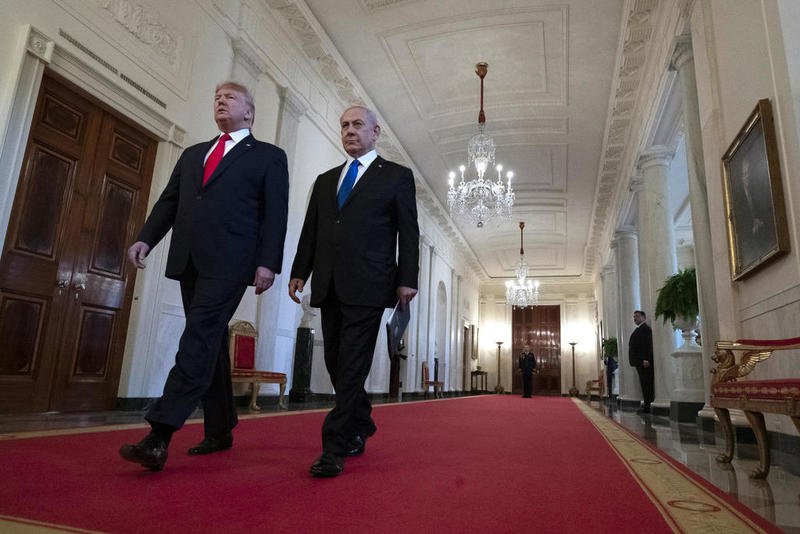

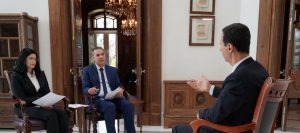
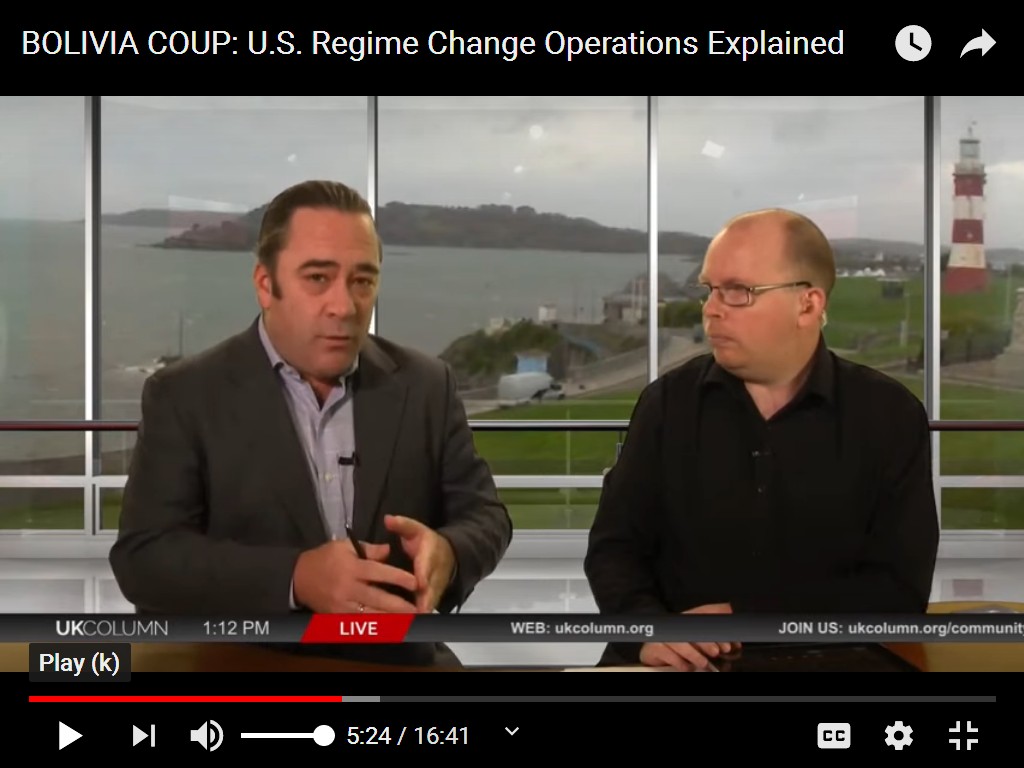


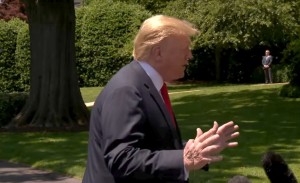
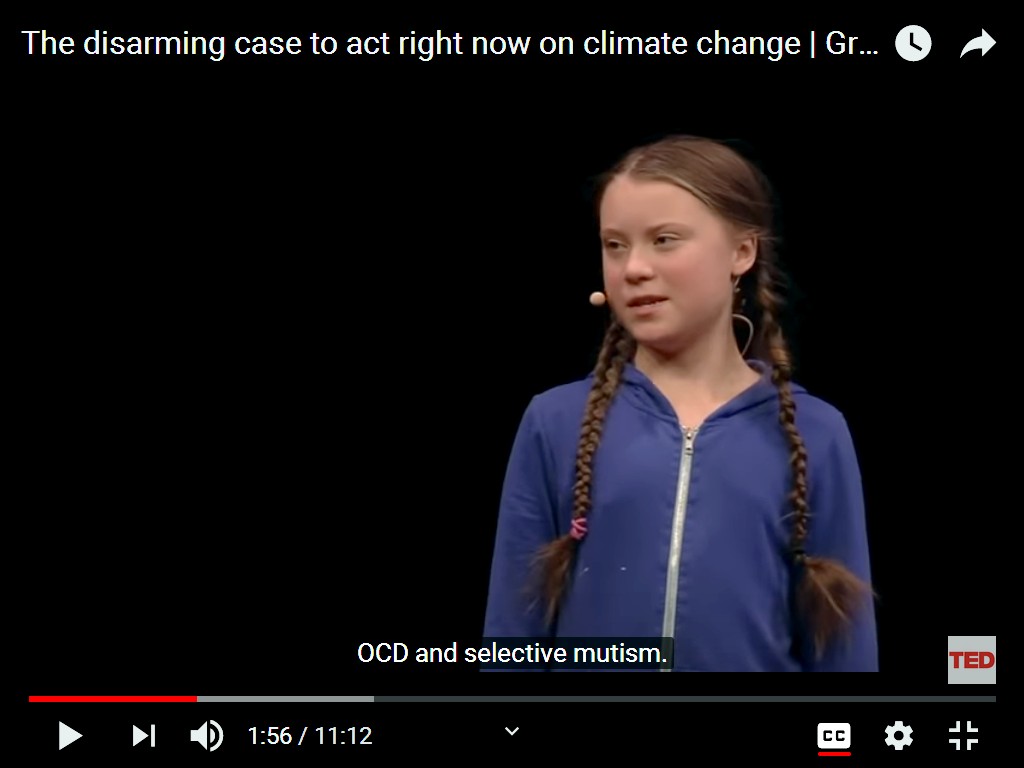




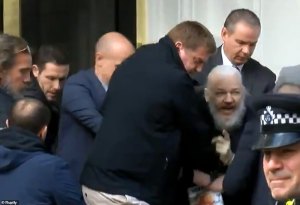


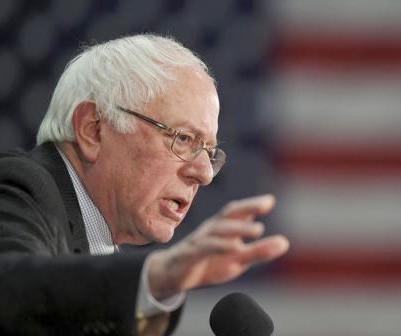








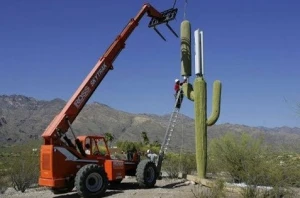





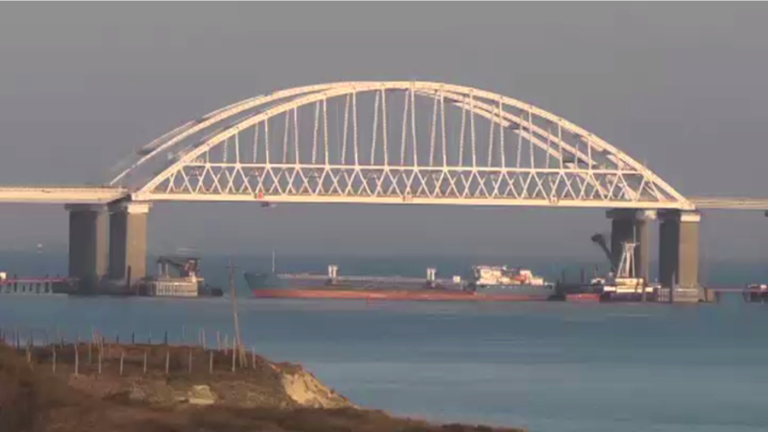








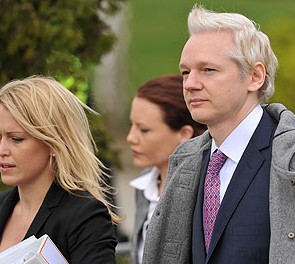









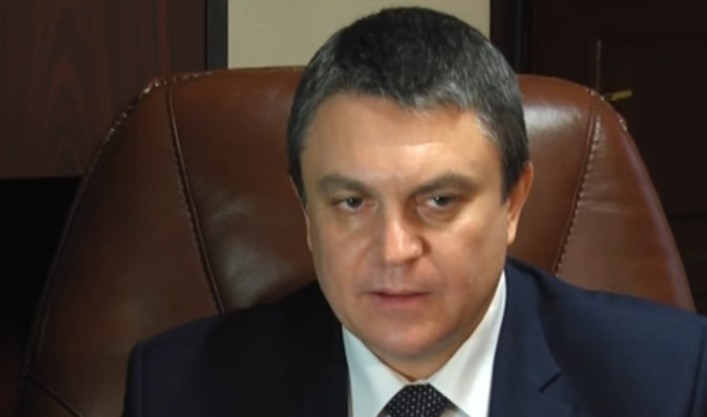






Discussion
No comments yet.